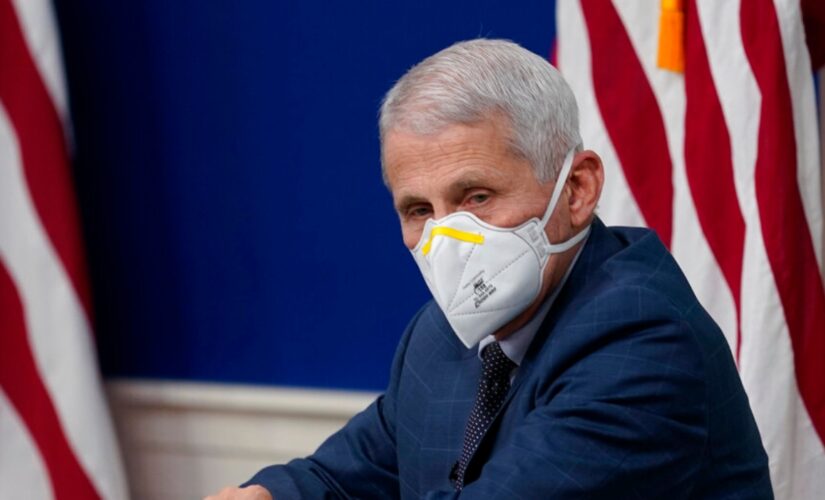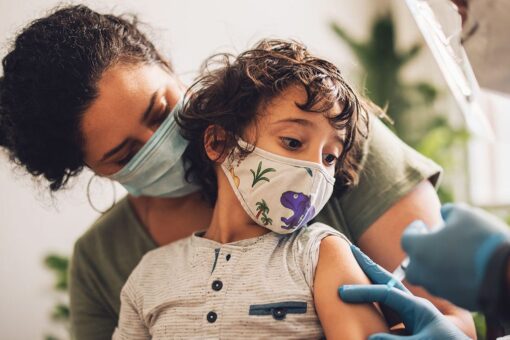NEWYou can now listen to Fox News articles!
Dr. Anthony Fauci, director of the National Institute of Allergy and Infectious Diseases, testified virtually before a Thursday Senate panel about the illness only a day after announcing he had contracted COVID-19.
Fauci, when asked if there were any breakthroughs in understanding the origin of COVID-19, said that researchers had concluded that it “very, very likely” had its genesis in an animal species.
Additionally, Fauci stated that the disease “almost certainly” spread to human beings in the Wuhan region of China.
FAUCI ADMITS ‘NOT ENOUGH DATA’ TO SHOW RECOMMENDED BOOSTERS FOR 5-YEAR-OLDS WORK
“There have been a number of papers that have come out from highly qualified virologists and viral phylogeneticists that indicate that this is very, very likely a jumping species from an animal host, perhaps through an intermediate host, into a human species which then spread throughout the human population certainly, almost certainly originating in China in Wuhan.”
Fauci acknowledged the prominent theory among the U.S. public that the virus originated out of the Wuhan Institute of Virology via a leak.
Dr. Anthony Fauci, White House Chief Medical Advisor and Director of the NIAID, participates in the White House COVID-19 Response Team’s regular call with the National Governors Association in the South Court Auditorium in the Eisenhower Executive Office Building on the White House Campus, Monday, Dec. 27, 2021, in Washington.
(AP Photo/Carolyn Kaster)
“We still open up and keep always an open mind about whether this had to do with a virus that was isolated out in the environment and that came into a lab and then had what most people refer to as a ‘lab leak,'” he continued.
While Fauci said that researchers would keep an “open mind,” he also argued that most evidence supported a natural occurrence.
Asked whether China would cooperate with investigations into the origin of COVID-19, Fauci deflected and tempered expectations for any meaningful answers.
“I certainly hope so, because we are not going to get an answer that is a definitive answer — I mean, even if they do cooperate, we may not do that,” he told the Senate panel.
(Getty Images)
CLICK HERE TO GET THE FOX NEWS APP
He continued by saying that whether the Chinese government cooperated or not, the U.S. must not treat them in a hostile manner or risk losing their collaboration on future issues.
He concluded, “But certainly, for example, if we want to continue surveillance of bat populations and other wild animals that might serve as an intermediary host — as well as understanding what was going on in some of their laboratories — I think it is essential to have cooperation and collaboration with the Chinese.”




